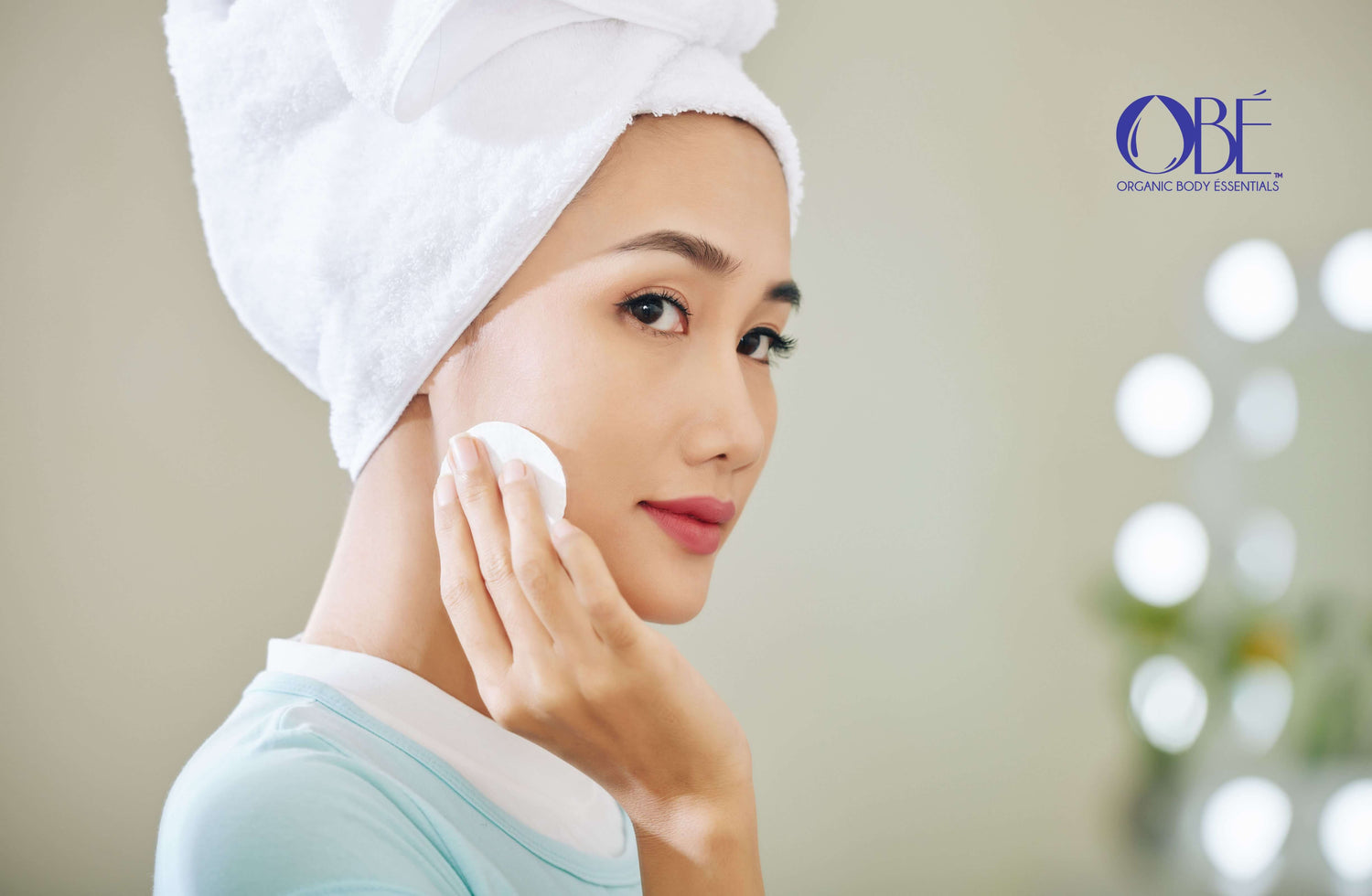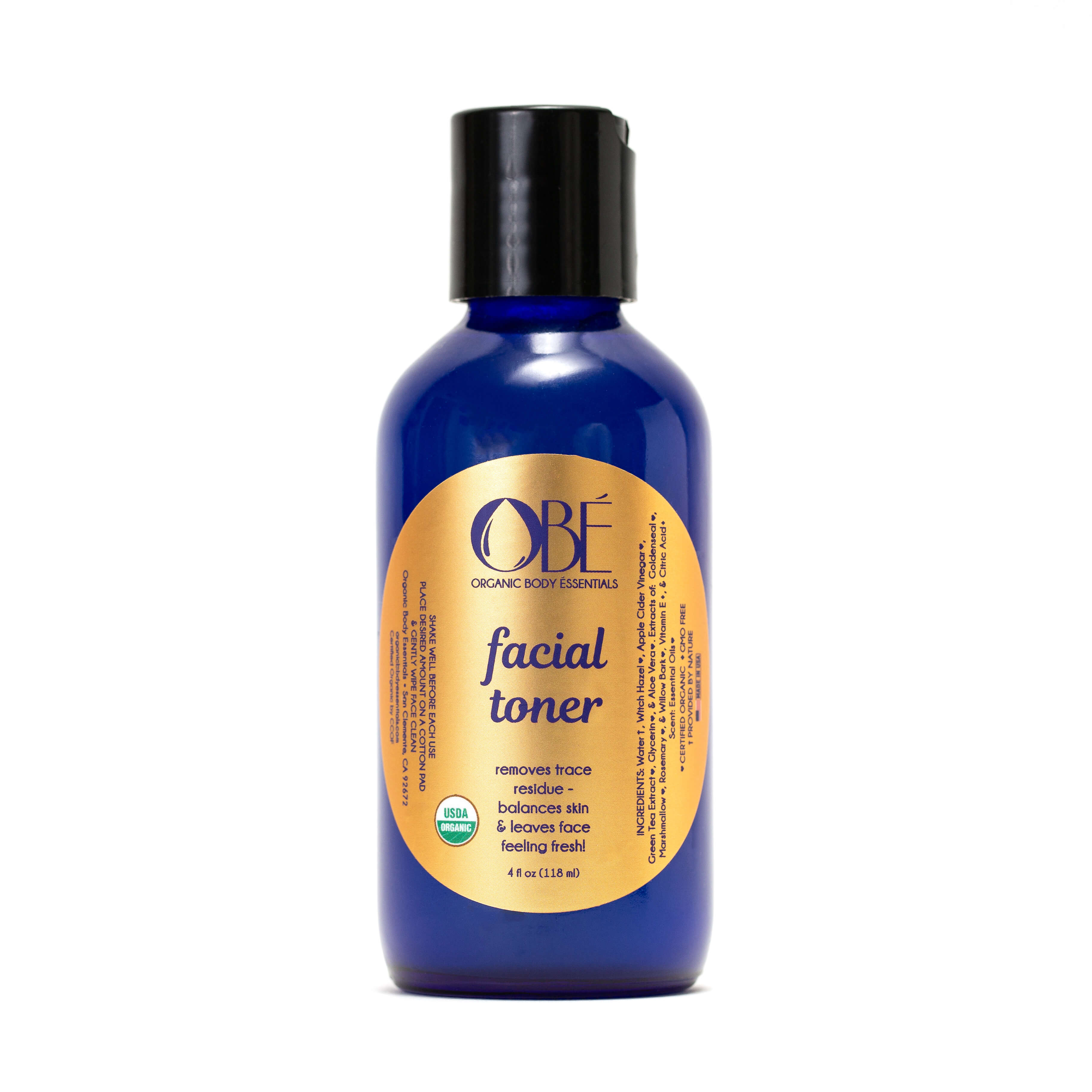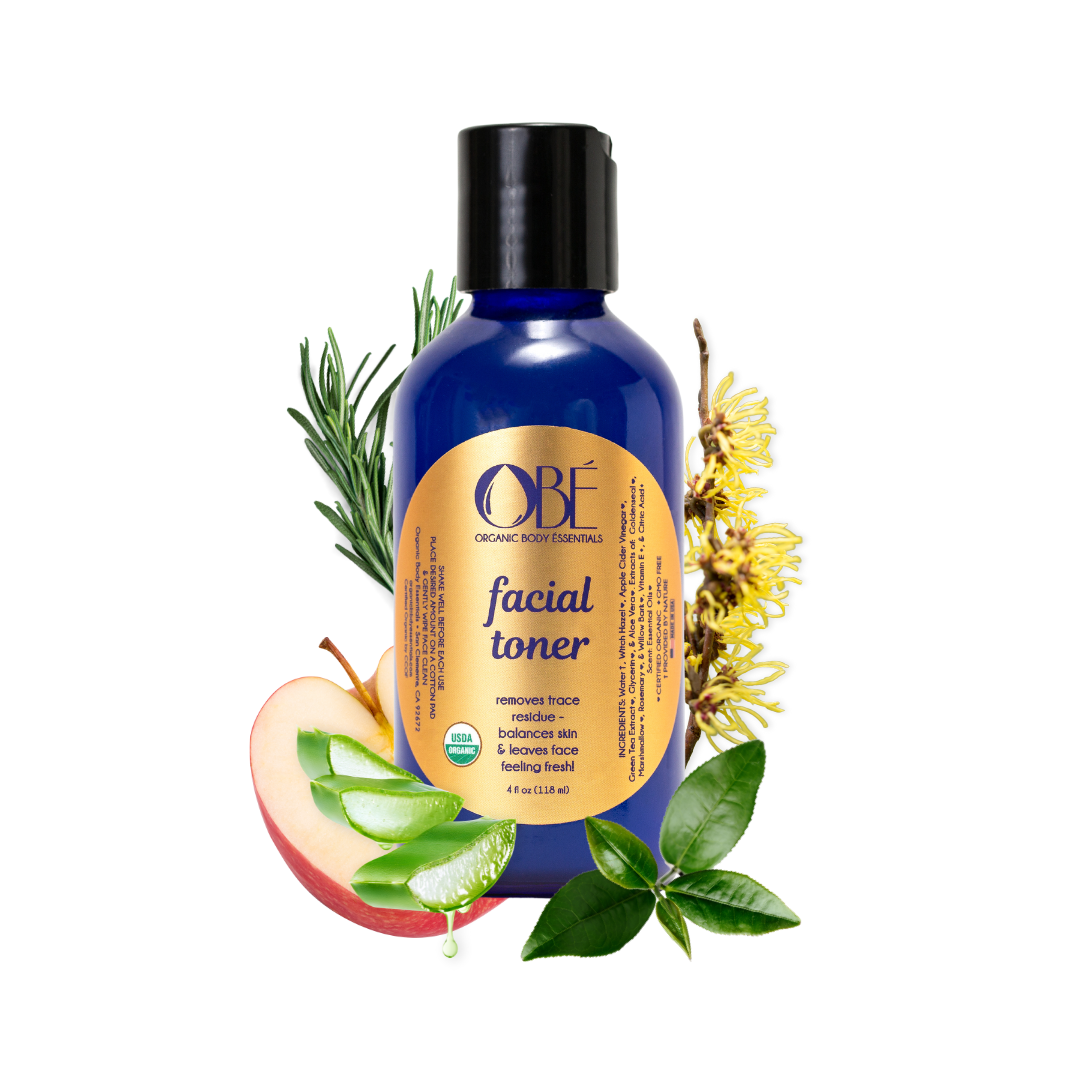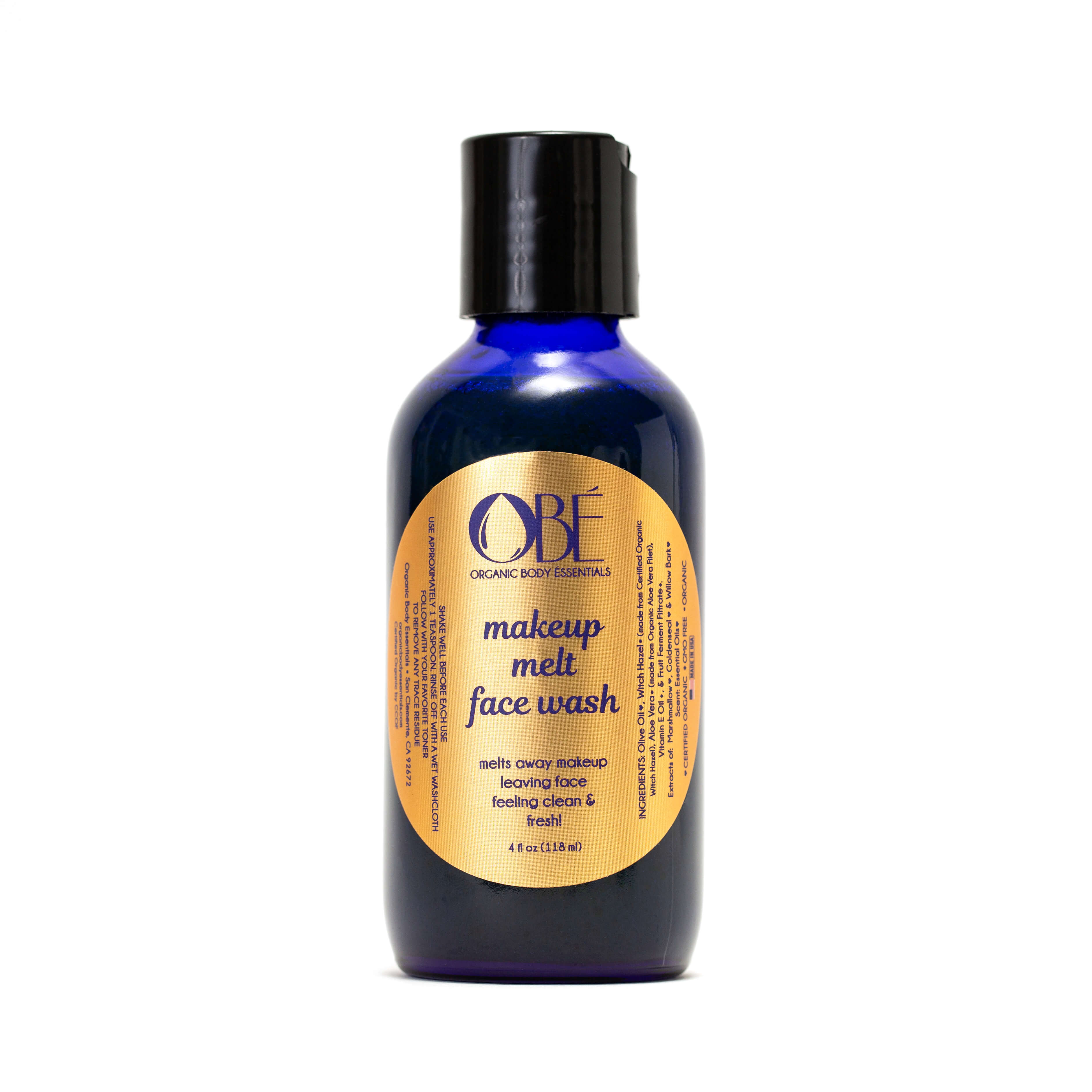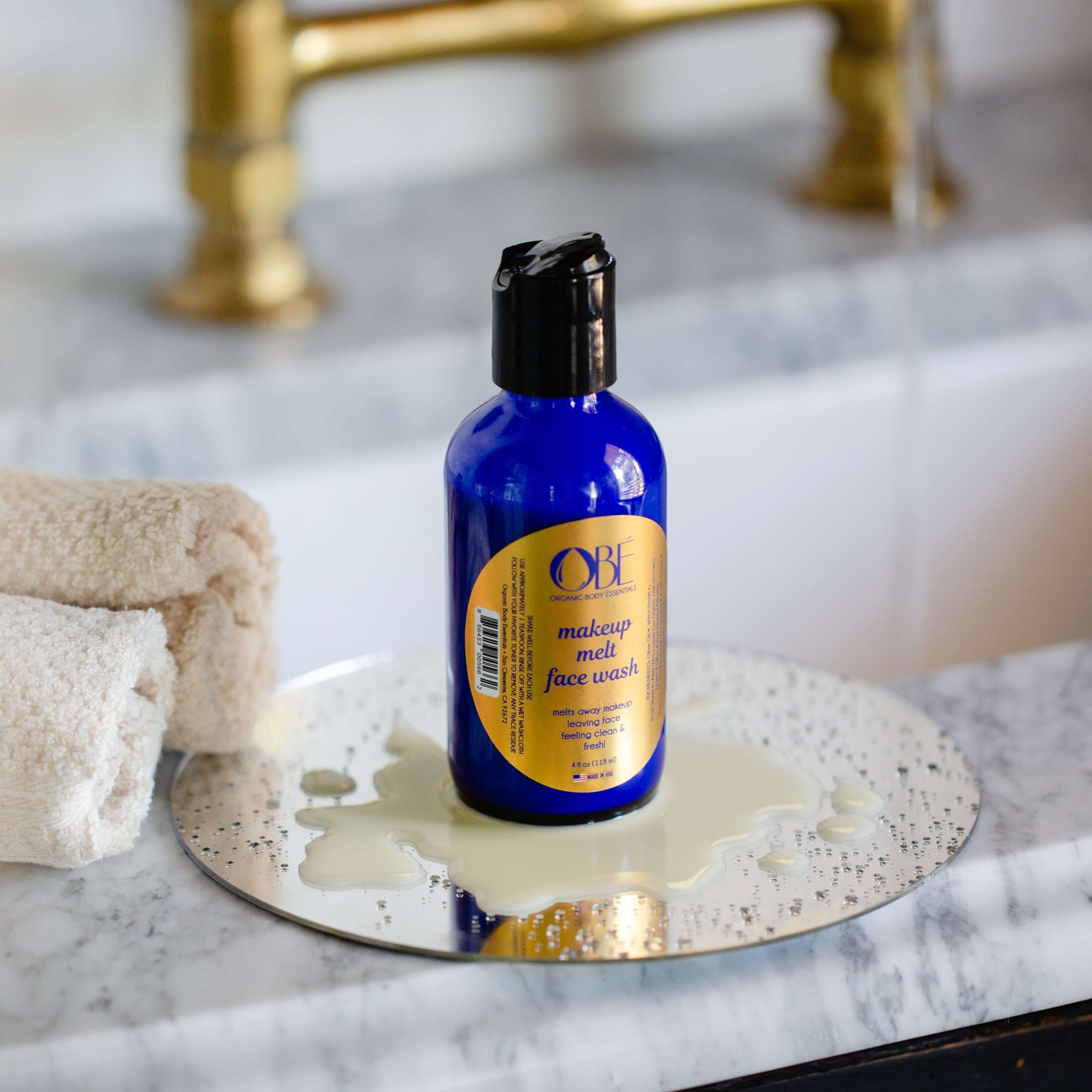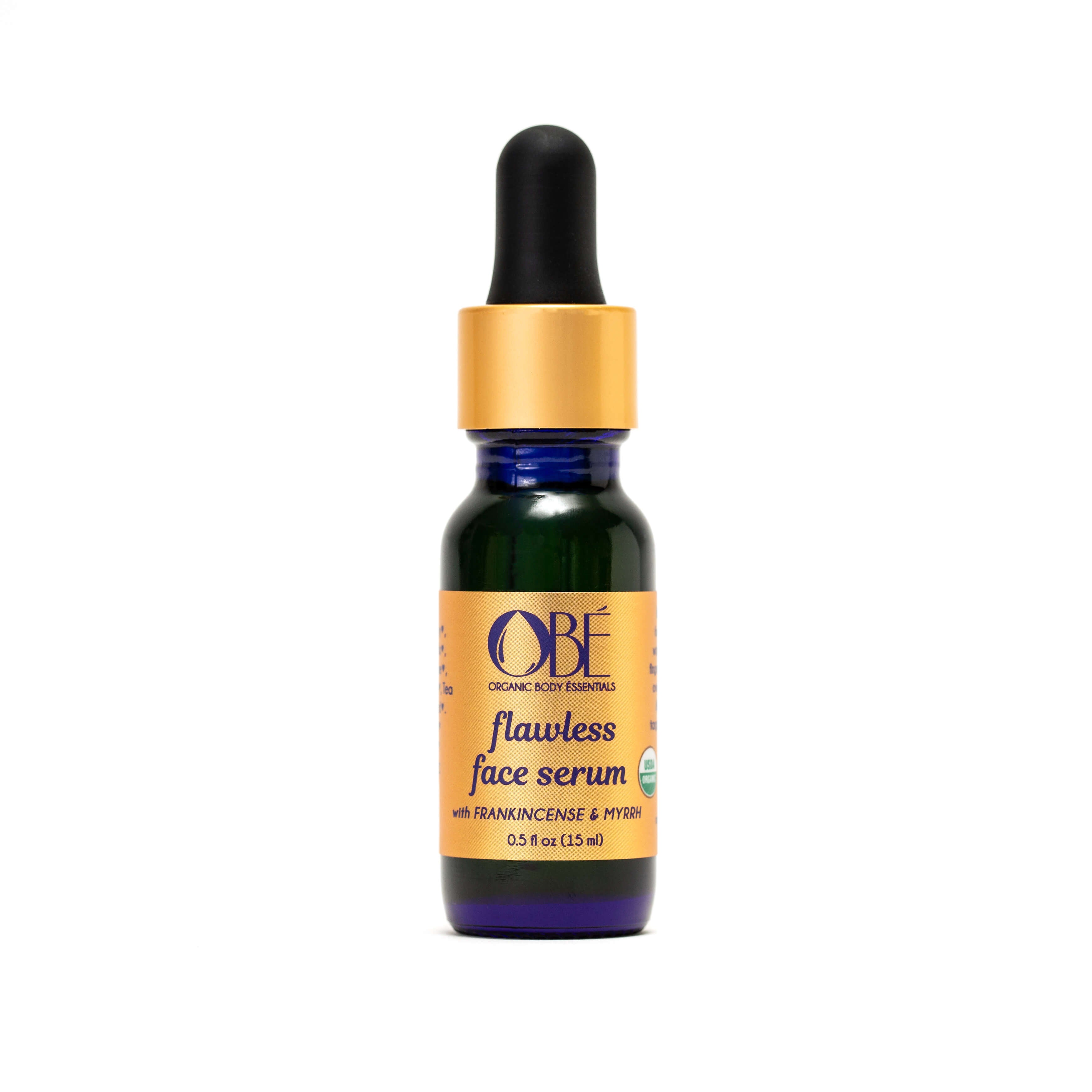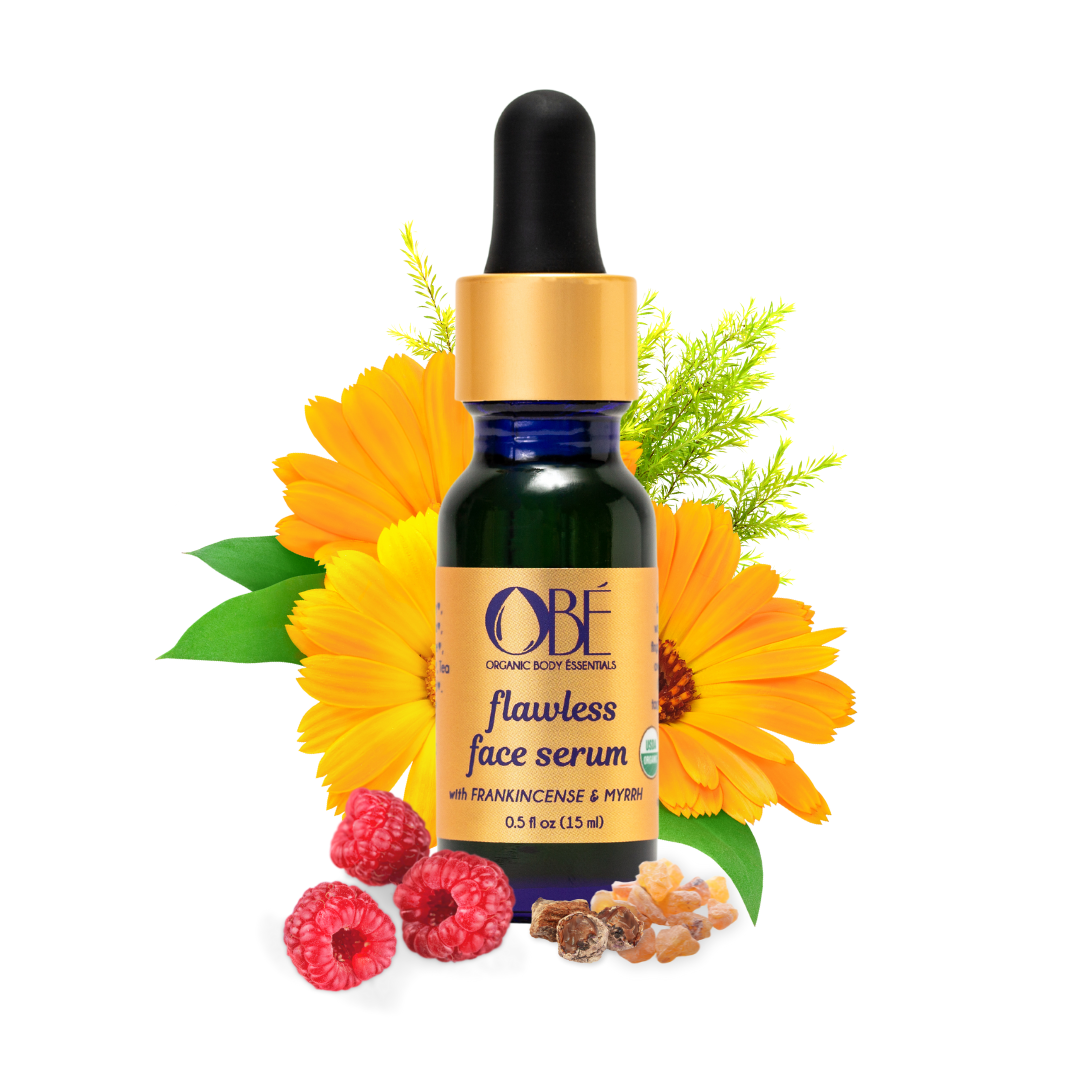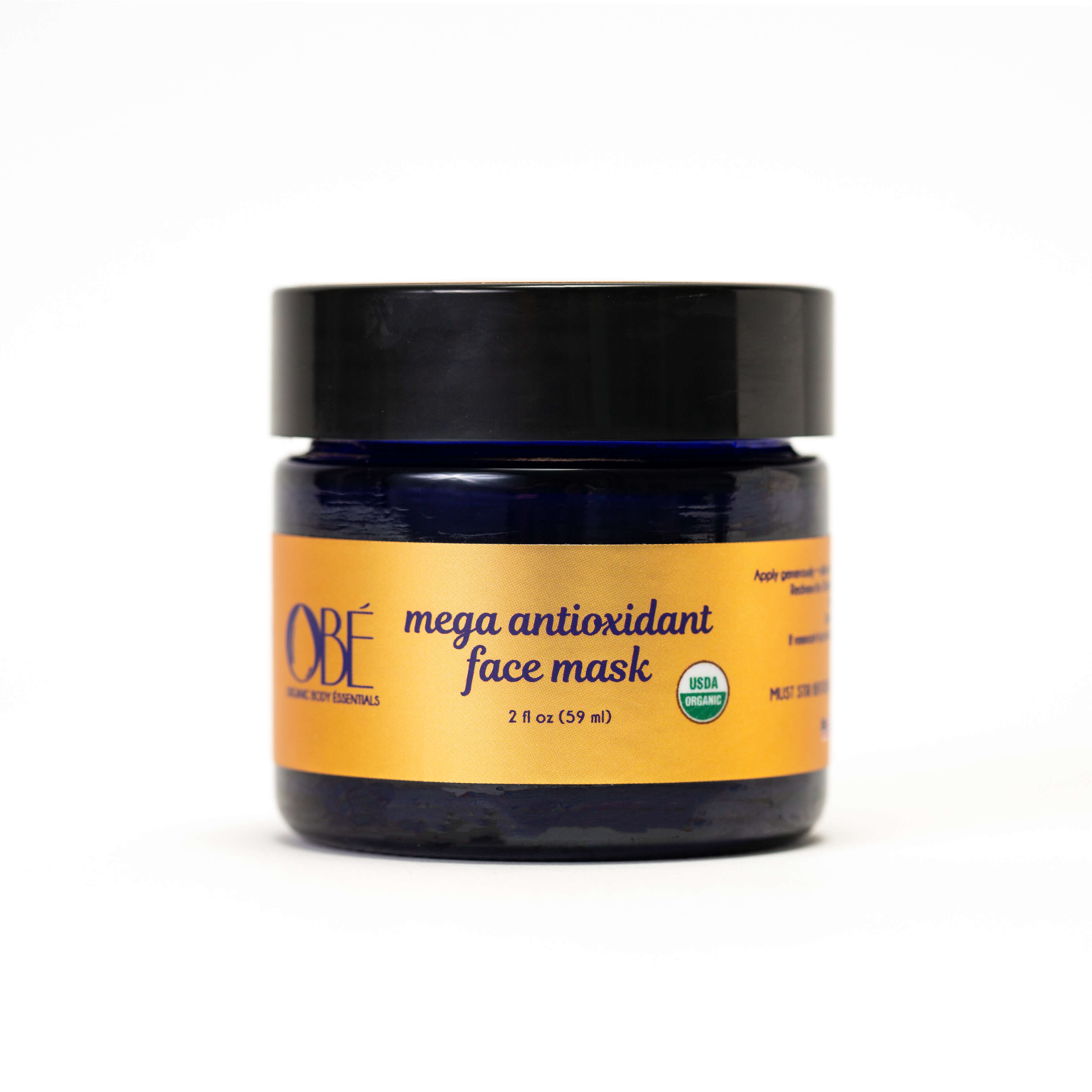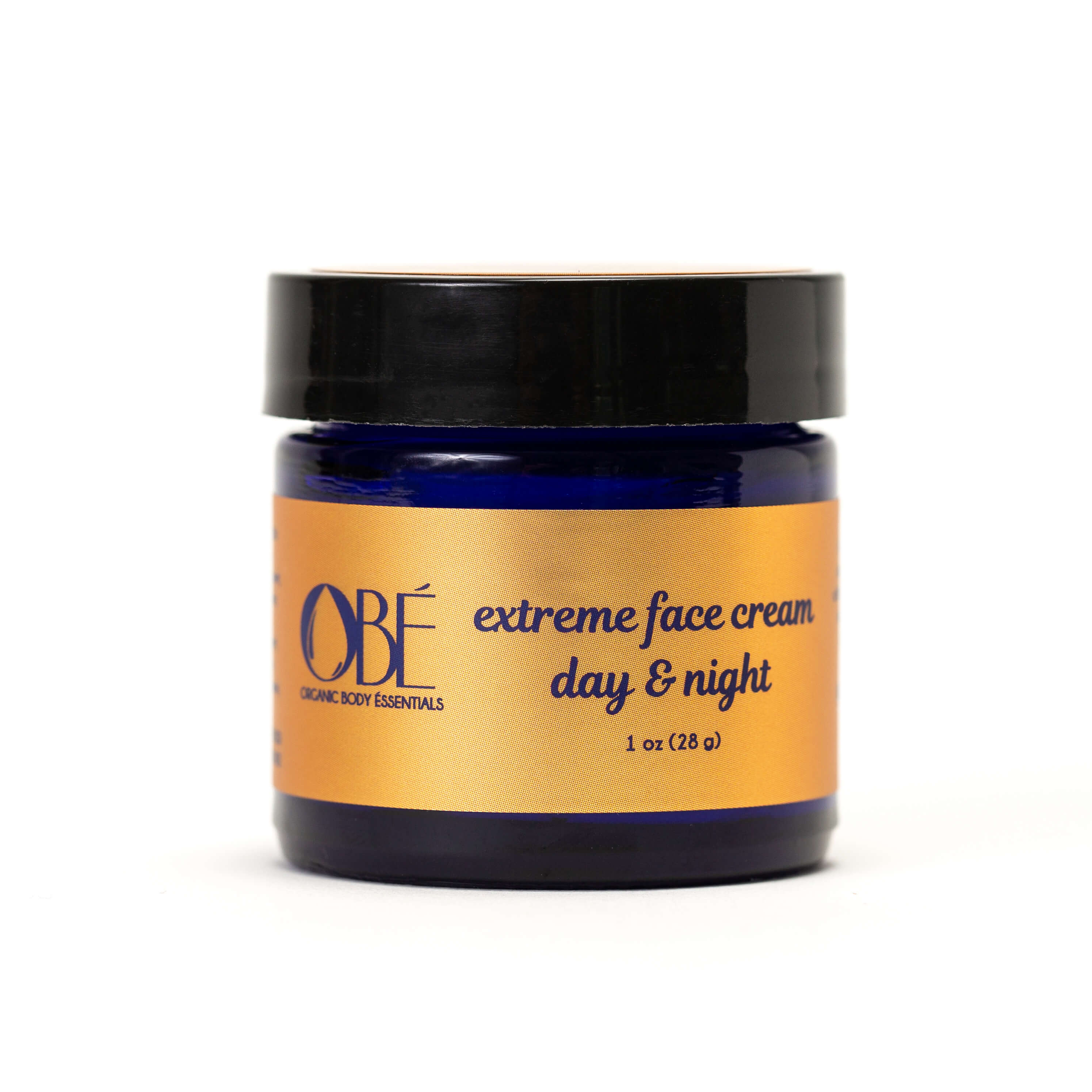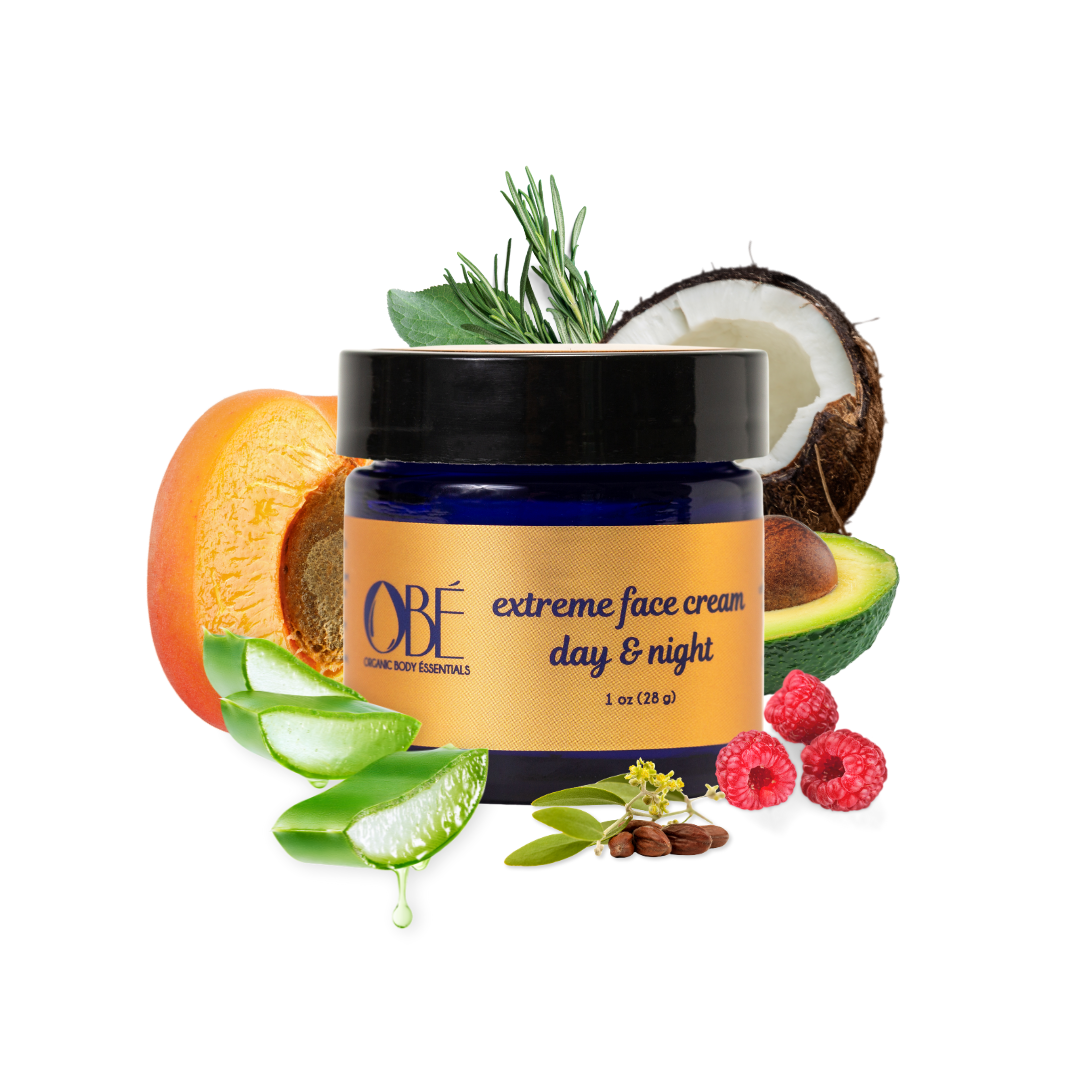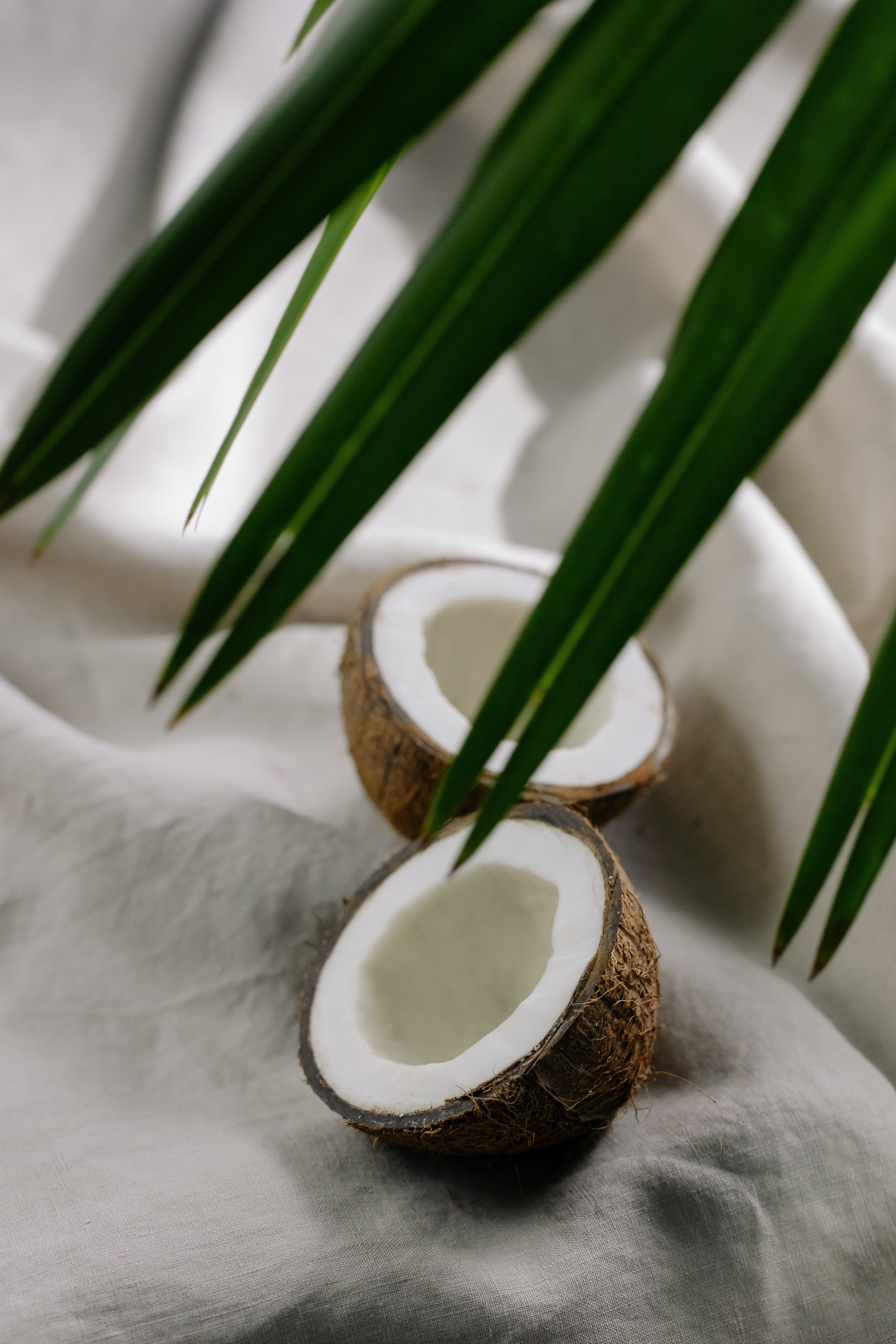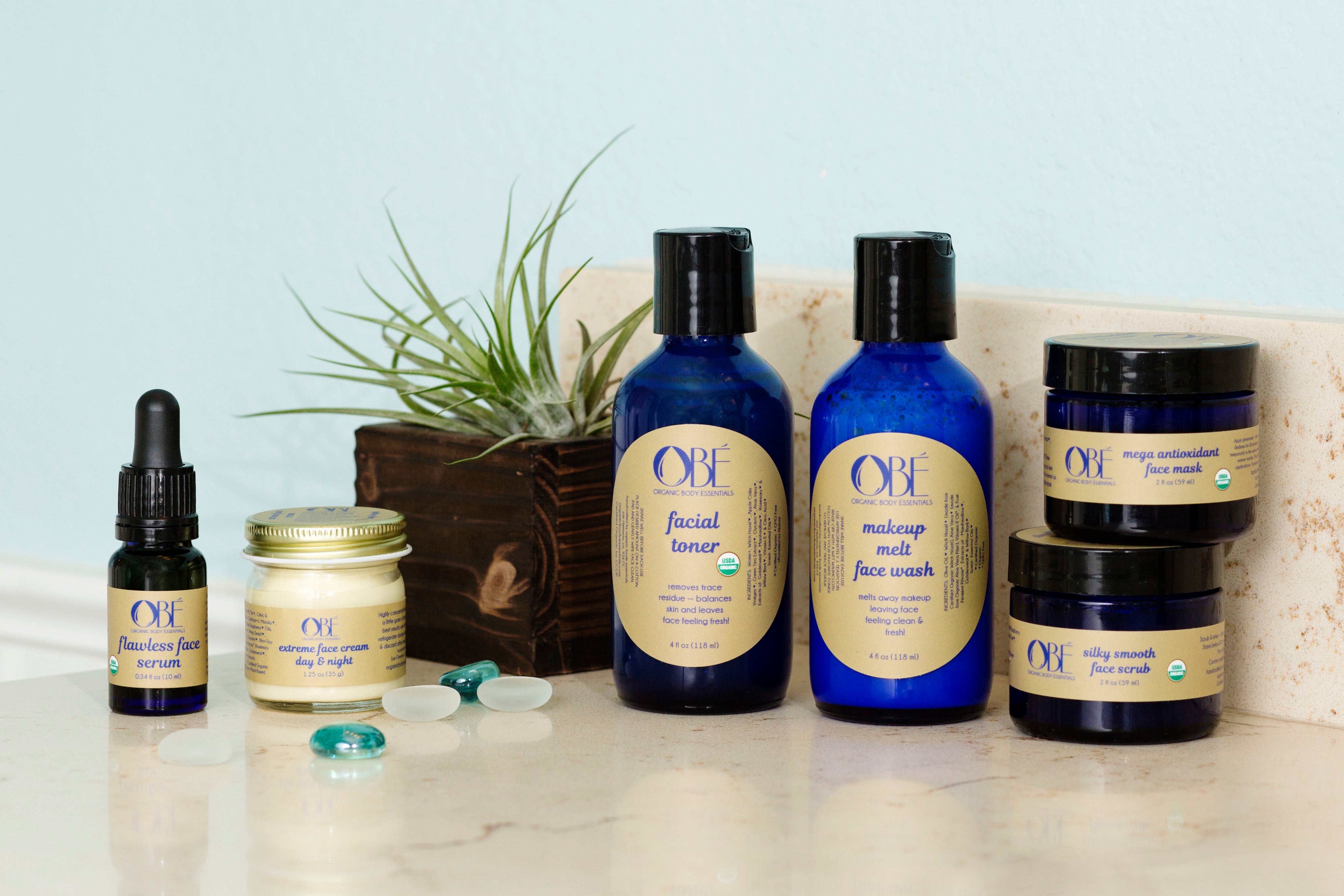They have developed ever since. Many toners you find today have formulas perfect for maintaining good skin moisture, protecting the skin barrier, and overall, improving skin health. But, do you really need another step in your? In this article, we dive deep into the specifics and benefits of a must in your skincare routine - the organic facial toner.
What is A Face Toner: Its Composition, Nomenclature, and Forms
Face toners are aqueous mixture, mostly in clear or lightly translucent color with a slightly thick consistency - thicker than water, but thinner than syrup. Scientifically, most toners are considered colloids, and not solutions, because there are still insoluble microscopic particles dispersed in the liquid. The name might also be so confusing for some - as in Japan, for example, toners are called lotions. Some cosmetic brands also call toners skin tonics or cleansing waters. No matter what name you call it, toners have shown a lot of promise for skin care. To begin with, as the second cleansing step in a usual skincare routine, a toner may remove oil, dirt, excess oil, and whatnot. In recent years, toners may help in achieving that clear smooth skin. There is a lot of variety in the market today. To name a few, there are preparation toners, hydrating toners, and cleansing toners.
-
Toner is not synonymous with astringent. Gone are the days of astringent with harsh formulas. Since they contain high concentrations of alcohol content, astringents might be overly drying. Steer clear of these kinds of toner if you have eczema and other skin conditions, at the very least, users might notice redness or tingling sensation when using it.
-
A toner's basic composition is water, ethanol, and humectant.
-
Water is the key component found in your toner. It helps carry the active ingredients for them to be absorbed properly by your skin.
-
Humectant attracts moisture to the skin. Examples of humectants are glycerin and sorbitol.
-
Ethanol helps insoluble compounds blend masterfully in your toner. Note that they aren't found in some toners lately, especially the organic ones.
-
Emollients are also sometimes added to toners to help with their stability and consistency.
-
Is Toner A Must In A Skincare Routine?
Yes! A facial toner is a great addition to your skincare routine if you plan to target some skin concerns. They're weightless light toners that are perfect for daily use. Most of the toners you find are very gentle to the skin, as they aim to bring balance to your skin and prep them for the next steps. In addition, a toner can massively improve the efficacy of your other skincare products.
-
Do you really need a face toner? Toner is not a necessary step in your daily beauty routine. But, it's a great addition if you have a skin concern you want to target. If you want to age gracefully, then start your anti-aging efforts soon! As early as your 20s, a toner with anti-aging ingredients would do well by your side.
-
The significant difference between toners from serum, essence, and cream: These are the next steps after the toners. The serum is slightly thicker than an essence but is thinner than a cream. So the order goes from face toners to essences to serums to creams. A perfectly prepped skin right after applying a toner should now be ready for the active ingredients that are packed in essences and serums. The emulsions and creams are then there to seal on all the hard-earned goodness from the previous steps!
Plant Ingredients Found In Organic Facial Toners And Skin Care
Organic toners are all the rave right now! And it's not just all marketing, it's science-backed - feeding your skin with all the best from nature's plant wonders will bring the extra goodness, rather than risks from artificial compounds. Just like any beauty and cosmetic product, what does toner for your face will depend on the good ingredients and compounds infused in it. Organic natural toners are the go-to of most who value their health and holistic lifestyle, as these toners are free of harmful chemicals (like fertilizers or pesticides) or GMOs. Most of the time, even the carrier agents and emulsifiers - that improve the consistency, stability, and even the fragrance of the formula - of organic toners have also gone through natural processes. Just watch out for unwanted reactions, like allergies, from some plants!
-
Bakuchiol (a retinol alternative) is an antioxidant sourced from parts of the Psoralea corylifolia plant. It's one of the anti-aging ingredients that's gaining popularity right now. According to studies, bakuchiol shows significant effects on acne-affected skin and is effective in the reduction of wrinkles and fine lines.
-
Witch Hazel (salicylic acid alternative) is extracted from the Hamamelis virginiana plant. Unlike astringent toners, it's more gentle and versatile. Its anti-inflammatory properties may help in repairing skin barriers and improve the skin's health.
-
Apple Cider Vinegar comes from squeezed apples. According to studies, when taken orally, they may lessen the harmful effects of high-cholesterol diets. Topically, many users with oily and acne-prone skin say they use apple cider to regulate sebum production.
-
Green Tea has been known as a powerful antioxidant for many centuries. The vitamin B2 and vitamin E present may tackle the signs of aging effectively. In addition, the caffeine present may act as a great skin exfoliant.
-
Tea Tree Oil is a well-known essential oil present in many acne-targeting skin products. It's a byproduct when the tea tree leaves are steam-distilled. Aside from combatting acne production, it also offers some relief for skin irritation.
-
Willow Bark is one of the best skincare products as it has salicin, the source of salicylic acid. If you're with sensitive or acne-prone skin type, then this plant-based alternative is for you. Willow bark's potent anti-inflammatory agents may help in wound healing and improve barrier protection. Research says there is little to no risk for adverse effects when used.
-
Senna plant (hyaluronic acid alternative) has been used for centuries for its effect on helping the skin keep and absorb moisture. Most of the hyaluronic acids found in many toners right now are synthetically made. The senna plant is an up-and-coming botanical ingredient that suits well for many skin types and those who have advocacies (i.e., anti-animal cruelty) close to their heart.
Face Toner Benefits: Skin Concerns A Toner May Target
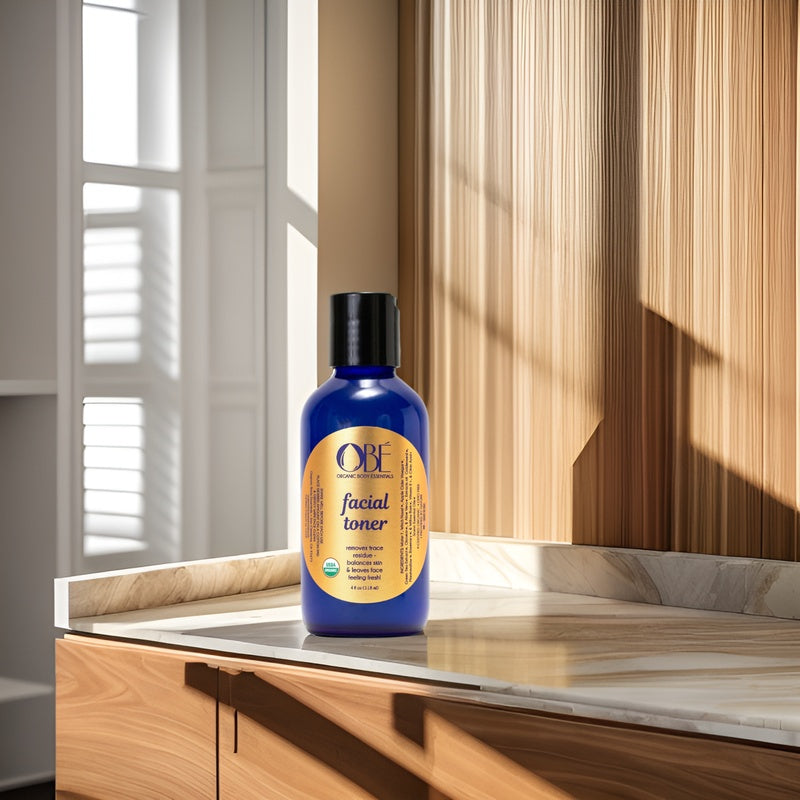
While the most important step in the skincare routine is to cleanse - there's a possibility it does not fully remove pollutants, excess oil, and even your face makeup. Sometimes, pollutants irritate the skin and may also weaken your skin barrier. This is when your organic facial toner comes to the rescue! Your toner may help prevent residual impurities from clogging your pores and making your skin susceptible to inflammations or infections. It's a superb skincare product to add to your regimen, as there are many skin issues a great facial toner may target. Gone are the days when toners contain alcohol. Today's toners are great at achieving glowing and healthy-looking skin that will get lots of compliments and keep you aging flawlessly.
-
Shrinks Large Pores. Specific facial toners can minimize the appearance of large pores and make your skin look so clean and tight. Usually, toners and serums that have alpha hydroxy acids (AHA), beta-hydroxy acids (BHA), or azelaic acids may help to unclog pores and enhance skin texture.
-
Hydrates Skin. Skin toner with hydrating ingredients, like antioxidants, glycerin, rose water, or aloe vera, can be a brilliant choice to add to a daily routine. Toners are great in potentially maintaining enough amount of water in your stratum corneum. When you keep your skin hydrated, it stops secreting so much sebum - which then prevents oily skin from happening!
-
Restores skin's natural pH balance. Healthy skin is normally acidic and has a pH of 4.1–5.8. Using facial toners will help keep the skin's pH at bay. Not everyone knows, but an increased pH is a magnet for microbes that may cause eczematous reactions and skin infections.
-
Removes dead skin cells - and even ingrown hairs! Use a toner with salicylic acid or witch hazel to exfoliate so ingrown hair may grow on its own. Ingrown hairs create slight bumps when a growing hair curves into the skin. This mostly happens with those thick and curly facial hairs, but sometimes, dirt, gunk, and excess oils prevent the hair from growing.
-
Tightens your skin. Toners are great for acne-prone skin as they can help those pores to tighten up, and thus prevent from dirt entering those pores! There's only little evidence that dirt causes acne, but impurities like dirt may irritate sensitive skin that is prone to acne.
How To Use A Fa To Remove Dead Skin Cells and Even Skin Tone
Skincare should not be complicated! The organic facial toner works in so many ways, so it's very fool-proof nowadays to achieve a glowing and even skin tone. After choosing the right toner that fits perfectly in your skincare routine, it's time to know how to make the best out of it - meaning, know how to use your facial toner properly! While it's uncommon for most to apply toner regularly, the face toner benefits are surmountable. Prepare to be surprised with how much your skin improves after a few drops and only a little time. It's really easy to incorporate into your skincare routine.
-
Apply toner for the skin after cleansing and right before moisturizing. Toner is water-based, so it should go before your thick occlusive skincare products. The order is important to let the skin-loving ingredients from your facial toner penetrate deeper.
-
Use a cotton ball or a cotton pad to apply the toner. Apply them gently over your face, avoiding the face and mouth. Normally, 3-4 drops of toner on the cotton pads should be fine. To make sure, check the instructions labeled on the toner.
-
Try the "skin-patting" approach! Instead of rubbing or massaging, Japanese skincare aficionados prefer patting serums, lotions, and toners on their faces with clean, bare fingers. According to an article, the patting method prevents the creation of frictional forces on the skin.
-
For spray form toners, no need to soak cotton pads! Just spritz them onto your skin after cleansing, and wait till it gets absorbed. A skin toner with a spray nozzle avoids so much waste, and for the on-the-go busy bees, they're easy to carry around!
-
-
Use toner as part of your everyday routine, morning and night. We can't overstate it enough - consistency is the key to getting the healthiest and most good-looking skin complexion. While instant results may happen in skin care, you may also achieve long-term benefits by using your facial toner! Use it when you wake up and right go before you sleep!
Organic Face Toner: Best Toner For Sensitive Skin and Oily Skin
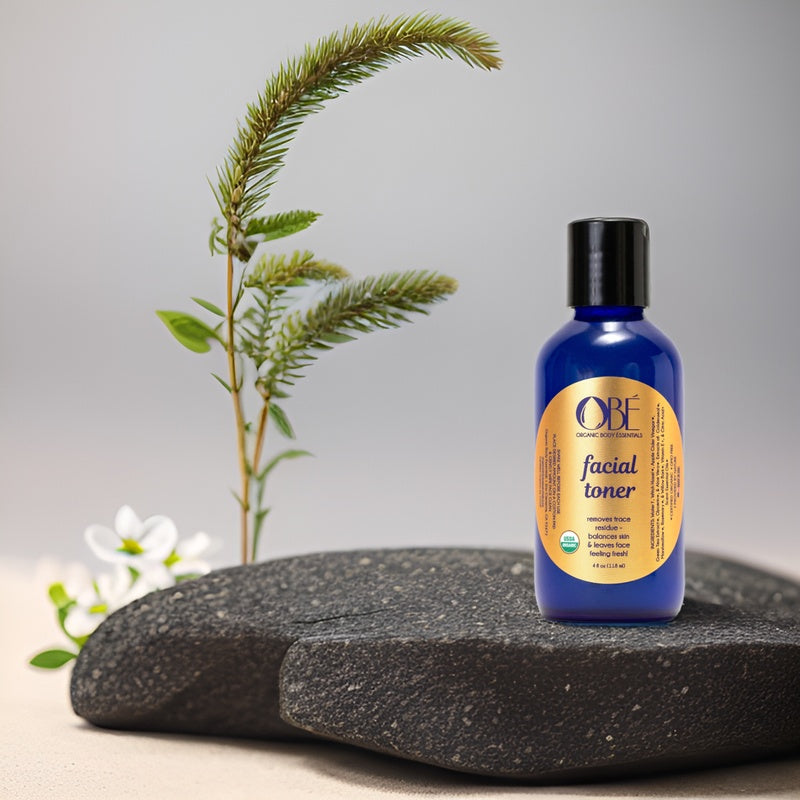
The Organic Body Essentials Organic Face Toner has the best skin-friendly ingredients perfect for many skin types - whether it be for sensitive skin, acne-prone skin, dry skin, oily skin, or combination skin. As we've discussed above, if the toner contains natural plant compounds and other ingredients that are sourced naturally, then you're in for a treat! Your skin will definitely benefit a lot from your consistent use. It's just fair to expect glowing and healthy skin that will awe you in the next few days!

